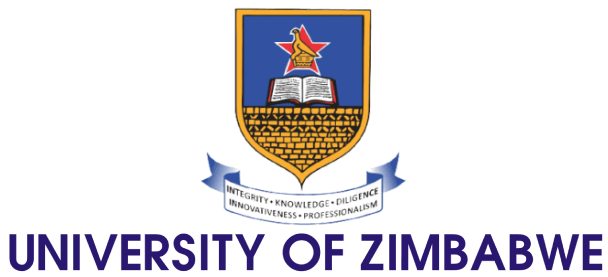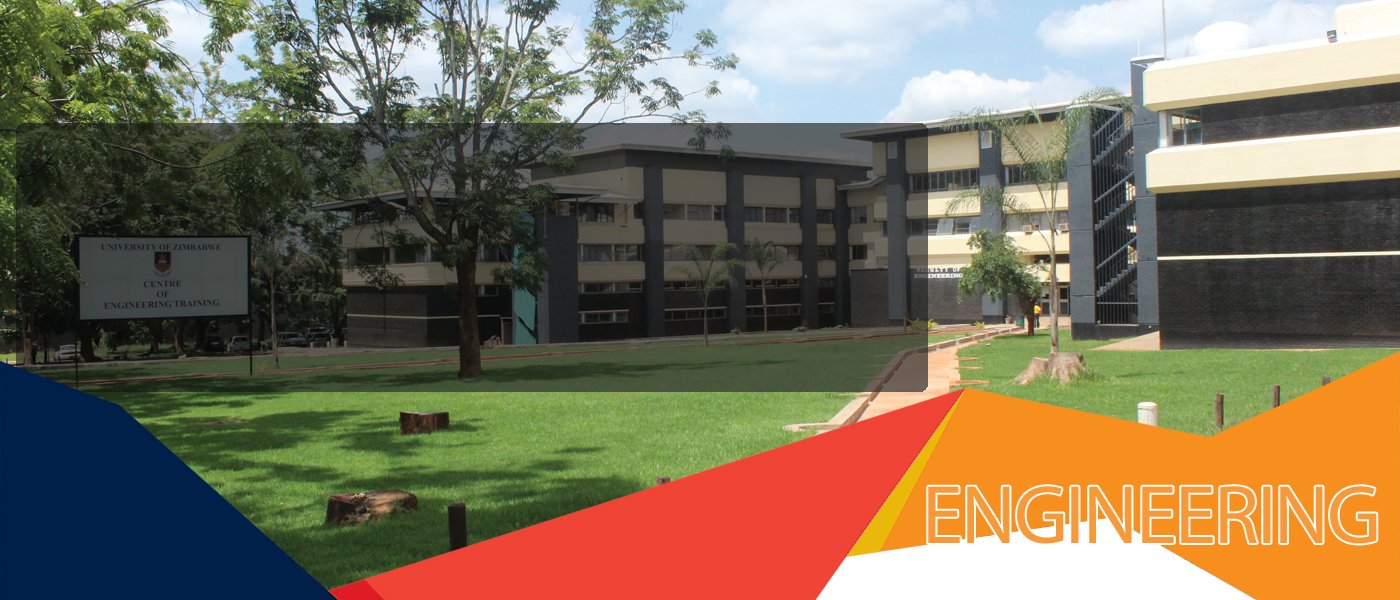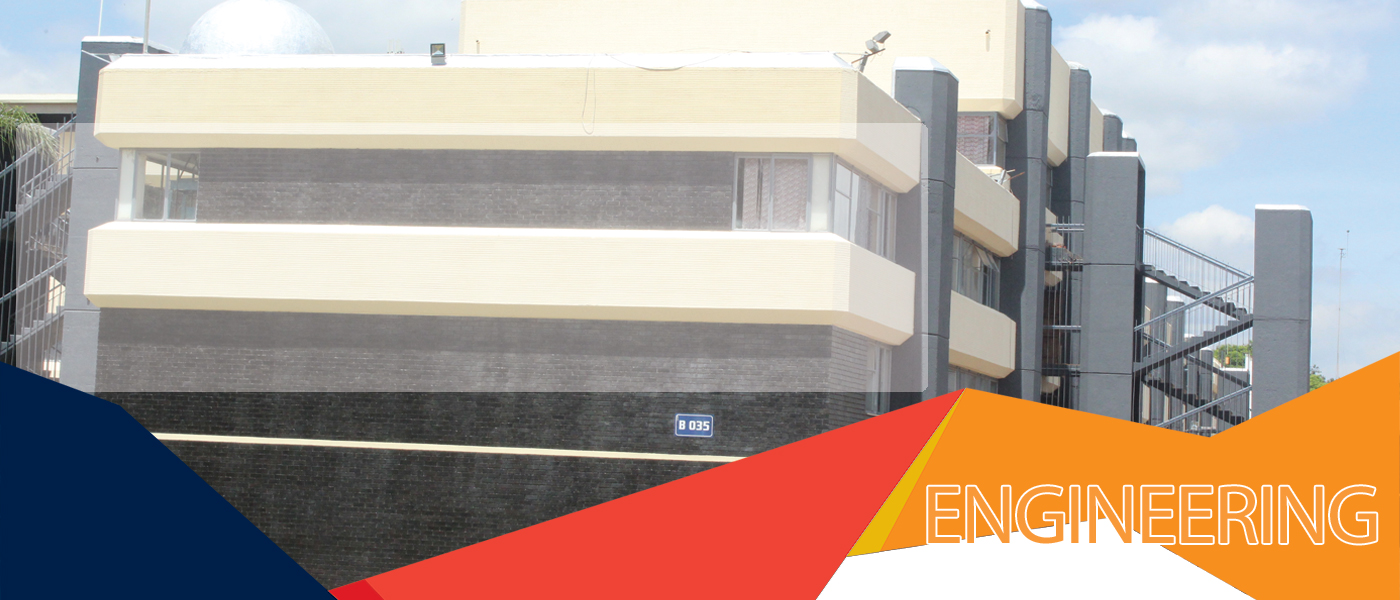Overview of the Degree Programmes
MSc Communication Engineering (MSCOMMENG) : The field of communications is always evolving, shifting, and changing with technological innovation. With a strong focus on current and emerging digital trends, the Communications Engineering programme will equip students with skills to succeed in today’s global media landscape. The degree programme is designed to meet the growing demand for competency and professional skills in telecommunications engineering for modern mobile solutions and wireless networks. A Master of Science in Communications Engineering exposes students to the construction, implementation, maintenance, and theory behind working with telecommunications. In addition to finding employment after graduation, students can widen their horizons to the development of communications-related innovations and advanced research in communication sciences. Students are exposed to practical subjects such as satellite communications, optical networking, lightwave systems, signal management, and network design, and they will have the ability to fully appreciate these complex communications systems - it is taught by leading experts who draw on their wealth of experience to ensure students gain the skills they need to be effective engineers.
Students typically graduate from a telecommunications design and engineering programme with increased technical skills and theoretical understanding, often leading to better problem-solving abilities. Exposure to a network of trustworthy advisors and motivated peers during the study programme might also become an asset in a student’s post-academic ventures.
MSc Electrical Power Engineering (MSCMEPE) :The total global energy demand is expected to continuously increase, and more skills are required to meet the challenges of this projected growth. The Master of Science degree programme in Power Systems Engineering is designed to provide the skills and knowledge needed to significantly cope with the challenges in the electrical power industry. In this programme, an opportunity to develop power engineering skills through expert teaching, hands-on skills transfer, and extensive research work undertaken in collaboration with power industry partners is offered. The programme is also designed to meet the industrial demand for the training and education of both existing and future engineers in the advanced concepts of electrical power systems and renewable energy.
It aims to produce graduates of the highest calibre with the right skills and knowledge who will be capable of leading teams involved in the operation control, design, and economic analysis of the electrical power systems and networks of the future – smart grids. Some of our modules are taught by leading industry experts, offering exciting opportunities to understand the real-life challenges that the power industry is facing and will work with you to develop and provide innovative solutions. In addition, students working on relevant MSc projects may have the opportunity to work with leading industry experts directly. The programme has been carefully developed for graduates with electrical, electronic, or related backgrounds to meet the increasing demand from the energy and power industry.
MSc Renewable Energy Engineering (MREE) : The Masters in Renewable Energy Degree Programme aims to address the specific educational demands of the local market through enhancing the academic capacities and overarching labour-market orientation in the Renewable Energy Sector. The sector is one of the most promising economic growth areas due to the massively growing demand for energy and is positioned to play a key role in sustainable economic growth and poverty alleviation. However, despite the enabling climatic factors in the region, it is evident that the assimilation of renewable energy technologies is still facing many barriers that include inadequate technical capacity and an inexperienced professional workforce. The Master’s degree study programme is thus objectively set to impart practical training on the basis of scientific knowledge and methods-based training, which qualifies for a self-sufficient professional activity as an engineer in the field of Renewable Energy. In view of the breadth and diversity of related energy technologies, the programme is designed to allow students to quickly familiarize themselves with one or more of the numerous areas of automation by providing comprehensive training in the fundamentals of renewable energy strategies. The program also further aims to instill the social and methodological skills in addition to professional competence so as to prepare and empower students to face increasingly global challenges and demands and to assert themselves in global energy markets.
How much it will cost?
How to apply
How to register
How to access module study materials and general information once registered?


